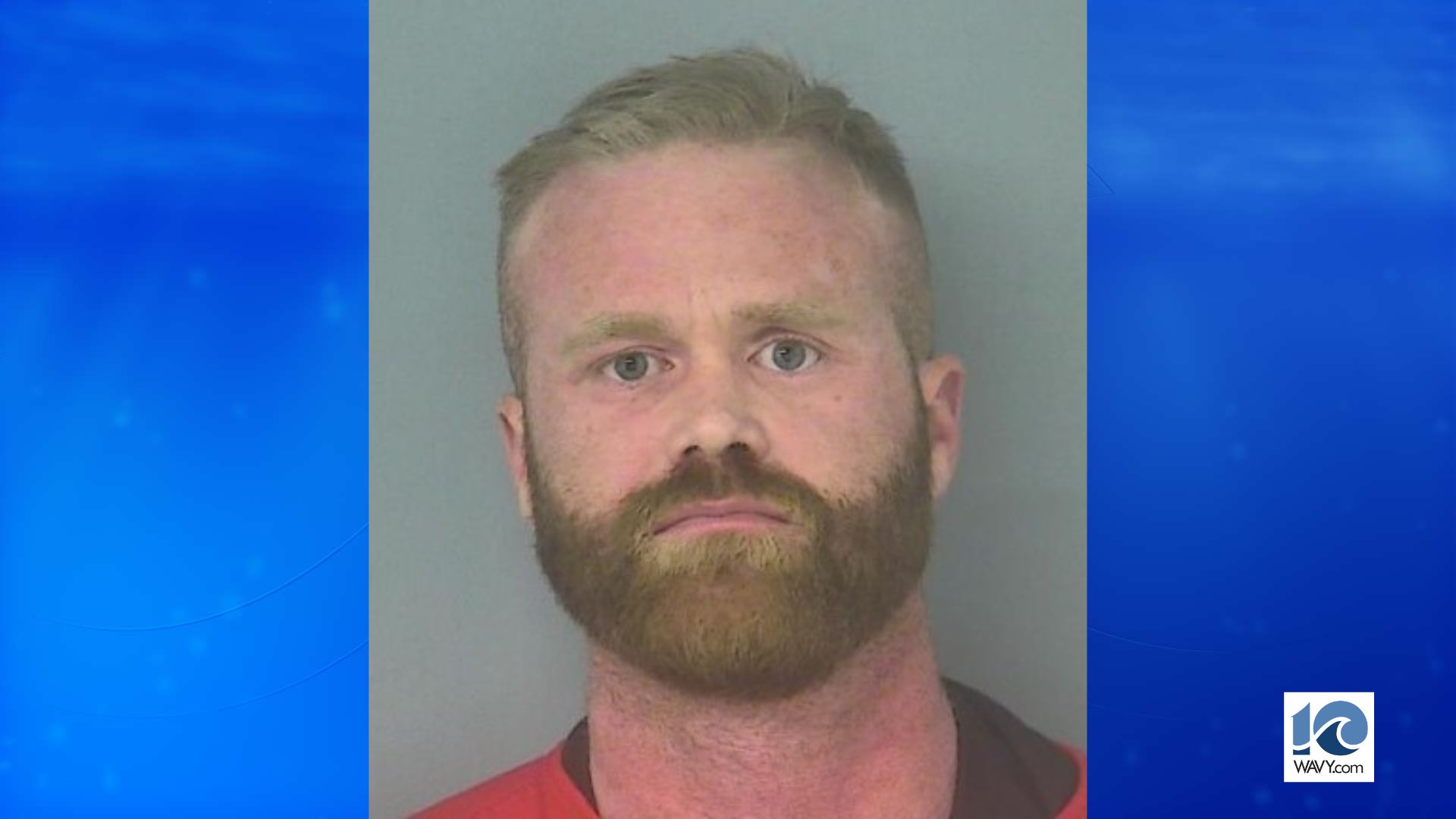The Senate on Tuesday advanced the House-passed supplemental funding package to provide long-awaited aid to Ukraine, Israel and other allies, teeing up the legislation for final passage.
Senators voted 80-19 to limit debate on the $95 billion foreign aid package, which includes $61 billion for Ukraine, $26 billion for Israel and humanitarian aid, $8 billion for Taiwan, and a smorgasbord of national security items that includes a possible ban on TikTok.
“The time has come to finish the job to help our friends abroad once and for all,” Senate Majority Leader Chuck Schumer (D-N.Y.) said Tuesday morning on the floor. “I ask my colleagues to join together to pass the supplemental today as expeditiously as possible, send our friends abroad the aid they have long been waiting for. Let us not delay this. Let us not prolong this.”
“Let us not keep our friends around the world waiting for a moment longer,” he added.
A final vote could take place as early as Tuesday night if both parties yield back enough of the 30 hours required between cloture and final passage. If no time is yielded back, a final passage vote would be set for Wednesday night.
Senators are continuing to work toward a possible amendment agreement to speed up a final vote on the four-bill package, but those talks hit a snag over the weekend.
Senate Republican Whip John Thune (S.D.) told reporters that a pair of amendments — one from Sen. Ted Cruz (R-Texas) relating to the Houthis and one from Sen. Bernie Sanders (I-Vt.) concerning aid to Israel — has held up a deal to collapse time and move toward final passage.
Regardless of whether such a deal is reached, the legislation is widely expected to garner the support of almost every Democrat and roughly half of the GOP conference, putting it well over the 60 votes necessary for passage.

Majority Leader Chuck Schumer (D-N.Y.) addresses reporters after the weekly policy luncheon on Wednesday, March 20, 2024. (Allison Robbert)
Tuesday’s vote saw a number of Senate Republicans who voted against a previous national security supplemental support the current package. Sens. Katie Britt (Ala.), Tom Cotton (Ark.), Deb Fischer (Neb.), Lindsey Graham (S.C.), Cindy Hyde-Smith (Miss.), James Lankford (Okla.), Markwayne Mullin (Okla.), Pete Ricketts (Neb.) and Tim Scott (S.C.) all voted to advance the package.
Sen. Peter Welch (D-Vt.) also voted in favor of cloture after voting against the previous Senate package.
Graham, Lankford, Mullin and Scott all added that they plan to vote “aye” on final passage, meaning that a majority of the conference is set to support it.
Getting the bill over the finish line would wrap up a marathon push by supporters of Kyiv to send aid to the nation that has been at war with Russia for more than two years. Ukraine backers have been calling for another tranche of assistance since late last summer and were thwarted by conservatives on multiple occasions.
“Today, the Senate sits for a test on behalf of the entire nation. It’s a test of American resolve, our readiness, and our willingness to lead. And the stakes of failure are abundantly clear,” Senate Minority Leader Mitch McConnell (R-Ky.) said on the floor. “Failure to help Ukraine stand against Russian aggression now means inviting escalation against our closest treaty allies and trading partners.”
After congressional leaders failed to attach Ukraine aid to government spending packages in the fall, conservatives insisted that the only way they would consider aid for Ukraine is if it was attached to a border package.
But conservatives and former President Trump killed a bipartisan border bill cobbled together by Lankford and Sens. Chris Murphy (D-Conn.) and Kyrsten Sinema (I-Ariz.) almost as quickly as it was released in February.
Top Stories from The Hill
- Trump brushed off warnings he’d be charged in documents case: Unsealed filings
- McConnell blasts Tucker Carlson for demonizing Ukraine aid
- Ex-Trump attorney: Judge giving lawyer ‘tongue-lashing’ a ‘bad moment’
- Second day of David Pecker testimony wraps in Trump’s hush money trial
The Senate then moved ahead on a national security package that passed 70-29, with 22 Republican votes in favor.
Speaker Mike Johnson (R-La.), under pressure from conservatives in his conference, refused to put the Senate-passed bill on the floor for months.
But with the recent attack on Israel by Iran and the Ukrainian military forced to ration bullets, Johnson split the funding into four separate bills and pressed ahead with votes on Saturday. All passed with overwhelming margins — outraging House conservatives.
The anger over the national security supplemental was also evident in the upper chamber. Sen. Mike Lee (R-Utah), who has been railing against the proposal for days, attempted to table Schumer’s “amendment tree,” a mechanism the leader has at his disposal in order to block senators from bogging down the package with additional amendments. That vote failed 48 to 50.
“So much of the hesitation and shortsightedness that has delayed this moment is premised on sheer fiction. And I take no pleasure in rebutting misguided fantasies,” McConnell said about conservative isolationists and detractors of the bill. “I wish, sincerely, that recognizing the responsibilities of American leadership was the price of admission for serious conversations about the future of our national security.”
“Make no mistake: Delay in providing Ukraine the weapons to defend itself has strained the prospects of defeating Russian aggression,” he continued. “Dithering and hesitation have compounded the challenges we face.”
